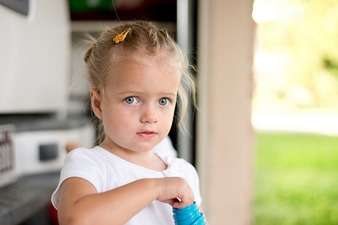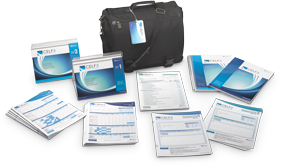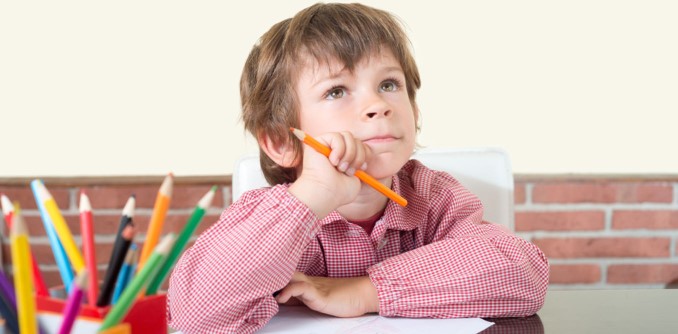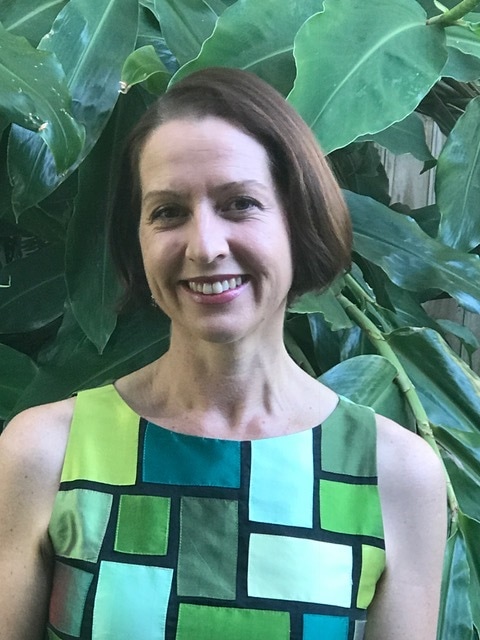|
I've just ordered the new CELF;5 for Speech Smart Therapy so we can offer the latest up to date assessment for assessing language skills of school age children. The new CELF-5 A&NZ is a comprehensive battery of tests that provides a streamlined, flexible approach to language assessment. This latest version of this gold standard popular language assessment allows therapists to compare a child's language skills to other Australian children of the same age and allows us to look at a child's strengths and weaknesses in their language skills and pragmatics (social skills). Assessment results are important to help support parents, teachers and therapists to make informed decisions regarding the areas a student requires support in to help them maximise their learning. This newest version is due for release in May and will be available at Speech Smart Therapy. This updated version is reported to offer a more robust assessment of pragmatics (social skills) using observations and interactive activities. Also included are new written language tests for more comprehensive assessment and updated norms.
Good Communication Skills Lead to Successful: Poor Communication Skills Lead to Problems: If you have concerns about your school child’s communication skills and learning, it is likely we will be able to help your child. Phone or email Sarah at Speech Smart Therapy if you would like to discuss your child’s needs and to chat about how speech-language therapy can support your child and help them reach their maximum learning potential.
Give Your Child A Reason To Communicate with Bubbles! You can do this by creating a situation that tempts your child to communicate with you, using bubbles. First, get your child's attention - get face to face, say his/her name, show him/her the bubble jar and suggest you blow some bubbles together ("Let's blow bubbles"). Start blowing bubbles. Have fun blowing the bubbles. You can help your child pop the bubbles to gain their interest. Pop them with your fingers, between your hands or stomp on them with your feet once they land on the ground. Comment "pop" each time you pop a bubble. Next, give your child a 'reason to ask you for more bubbles'. Once your child is really getting into the bubble fun, put the lid back on the bubbles. Wait for your child to ask for more bubbles. Your child might ask for more bubbles by:
Thirdly, give your child a reason to make comments about the bubbles. If your child is starting to use words or starting to talk in short sentences, you can help him/her to make comments while playing with bubbles. You can do this by occasionally commenting about the bubbles yourself while you play, saying something like:
Examples of words and sentences that you can encourage:
Have fun with your bubbles! If you'd like more ideas on how you can maximise your child's development, sign up to my newsletter. Written By Sarah Creagh
Speech Pathologist Speech Smart Therapy |
Author - Sarah CreaghI'm a speech pathologist with a passion for working in partnership with parents to support children to reach their maximum potential. Archives
September 2018
Categories
All
|








 RSS Feed
RSS Feed

